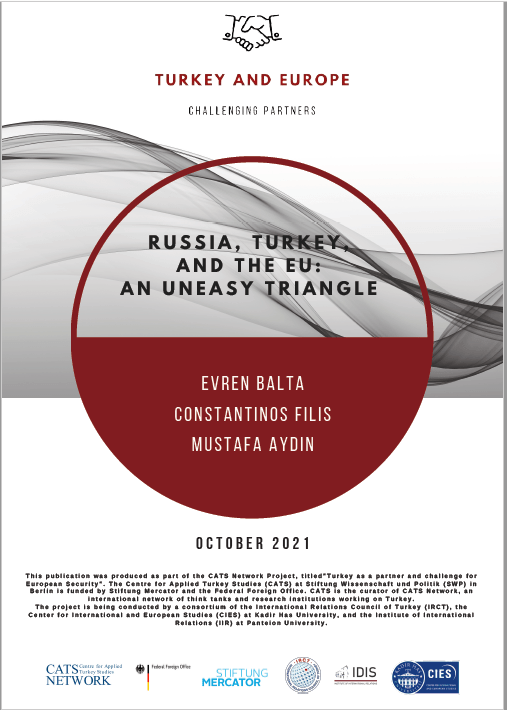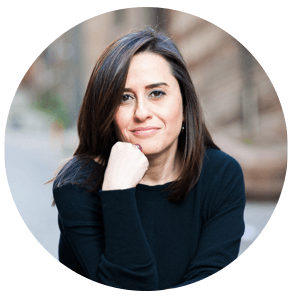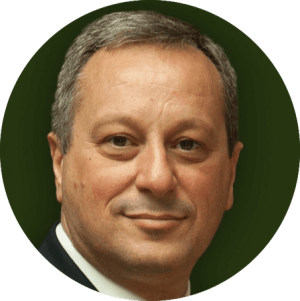
Historically, Russia and Turkey have both been outsiders and challengers to Europe, though it would be impossible to understand European history without considering their impact and their attempts at times to become “European”. During most of the 20th century, too, they remained on Europe’s periphery, Turkey aligning with the West (including Western Europe) and Russia aligning with and dominating Eastern Europe. The end of the Cold War, however, saw Europe’s unification at long last, with most of the Central and Eastern Countries joining the European Union (EU) and NATO. Yet Turkey and Russia remained outside this process, though with Turkey’s continued membership of NATO and up to now unsuccessful bid to become a full EU member. While both tried to varying degrees to work (integrate) with Europe during the 1990s, once again with a varying degree of success, they grew apart from Europe during the 2000s for different reasons. Nevertheless, they still impact European developments, both positively and negatively, while their own political and international developments are also influenced by what happens in Europe. In short, their future developments remain entangled in an uneasy triangle.

Evren Balta, Prof. Dr., Özyeğin Üniversitesi
Evren Balta is a professor of international relations at Ozyegin University, İstanbul Turkey. She holds a Ph.D. in political science from The Graduate Center, CUNY (2007). Her most recent book (co-authored with Ozlem Altan Olcay) titled “The American Passport in Turkey” received the American Sociological Association’s Global and Transnational Sociology Best Book by an International Scholar Award. Balta is a senior scholar at Istanbul Policy Center and the academic coordinator of the TÜSİAD Global Politics Forum.

Constantinos Filis, Dr., Institute of Global Affairs
Director at the Institute of Global Affairs. Associate Professor at the American College of Greece. President of the Foundation for Thracean Art and Tradition and member of Advisory Committee of the Institute of International Relations, Panteion University. Also, commentator for Ant1 Group. Former Executive Director and Director of Research at the Institute of International Relations, Panteion University. His most recent books/monographs are: “Assertive Patriotism”, “Greece in its neighbourhood”, “A Closer Look at Russia and its Influence in the World”, “Turkey, Islam, Erdogan”, and “Refugees, Europe, Insecurity”.

Mustafa Aydın, Prof. Dr., Kadir Has University
Mustafa Aydın is a Professor of International Relations at Kadir Has University, and the President of International Relations Council of Turkey. Previously, he worked at Ankara University, Economy and Technology University, and served as the Rector of the Kadir Has University between 2010 and 2018. He was guest researcher at Michigan (1998), Harvard (2002), and Athens (2003) universities, as well as at the Richardson Institute for Peace Studies (1999), the EU Institute for Security Studies (2003), and the Institut für die Wissenschaften vom Menschen (2018). He is a General Coordinator of the Global Academy, co-coordinator the Greek-Turkish Forum, and member of International Studies Association, Turkish Atlantic Council, European Leadership Network, and European Academy of Art and Sciences. Prof. Aydın’s areas of interest include international politics, foreign policy analysis, security issues related to Central Asia, Caucasus, the Black Sea and the Middle East, as well as Turkish foreign and security policies.


